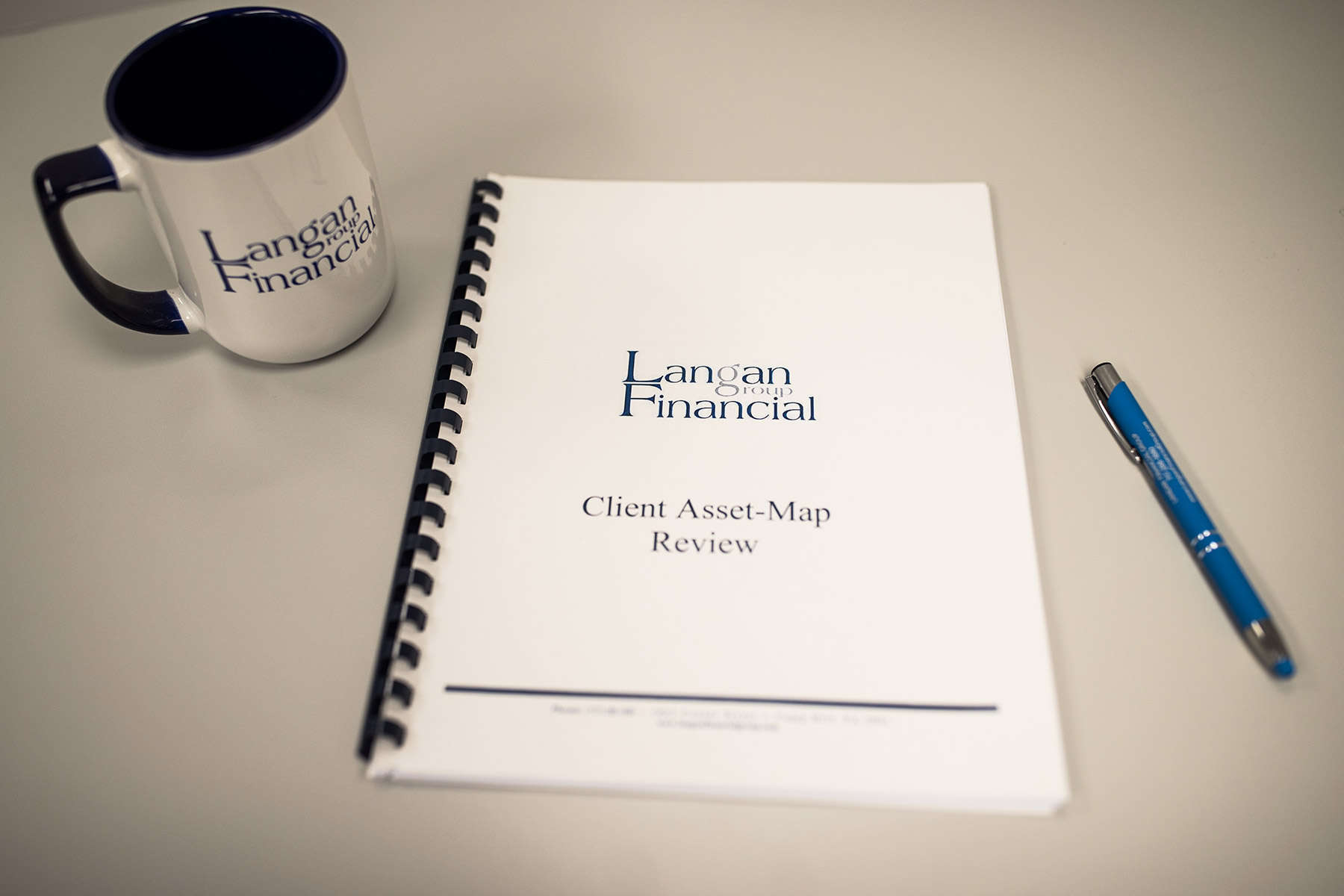
Market turbulence can significantly impact a company’s retirement plan, creating both hurdles and opportunities. To navigate these choppy waters effectively, it’s essential to maintain a long-term outlook and resist the urge to make impulsive decisions based on temporary market shifts.
Many times emotional investing will trigger an individual investor to either try to time the market or focus on protecting themselves from short-term losses.
Managing the emotional side of investing is difficult, but luckily there are tricks and techniques available to help.
How to Help Employees Protect Their Investments From Emotional Investing
While the plan’s investments are made over time for employees, it does not completely remove emotional investing opportunities.
A participant could still change their account balance to cash if they believe the market is going to drop off, only for the market to continue to climb resulting in the participant feeling like they are left on the sidelines. Here are some tips to help employees manage emotional investing:
1. Avoid Checking Your Retirement Portfolio Too Frequently
Avoid checking account balances too frequently, as this will lead to emotional reactions. The investor should take a long-term view and continue regular contributions through market fluctuations.
2. Group Retirement Plan Has Multiple Fund Options
Ensure the plan has multiple fund options that address employees’ varying risk profiles, retirement timelines, and diversification needs.
3. Provide Access To Financial Advisor
Provide access to a financial advisor to discuss risk tolerance, retirement, allocation, and strategy alignment.
4. Dollar Cost Averaging
One of the largest benefits of using an employer-sponsored retirement plan is that you invest through regular payroll contributions at regular intervals.
This results in dollar cost averaging. Dollar-cost averaging is when an investor buys more shares when prices are low and fewer shares when prices are high. Continuing contributions during volatility can position a participant well for future growth.

5. Asset Allocation and Diversification
By periodically reviewing the asset allocation, an investor can ensure they stay aligned with their risk tolerance and time horizon. By diversifying across multiple asset classes, a participant can limit the possibility of large volatility in a short period of time.
6. Avoid Early Cash-outs
When living through a time of market downturn, it can be tempting to cash out of a retirement plan early, but this would mean locking in losses, missing out on future gains, and incurring taxes and penalties that can severely harm retirement savings.
The key to a participant managing market volatility in a company retirement plan is to avoid overacting to the inevitable market fluctuations and to maintain a long-term perspective focused on retirement expectations and goals.
Overall, the objective of the company’s retirement plan is to maintain a steady, long-term approach to plan management, avoid emotional reactions to volatility, and focus on helping employees stay disciplined with their retirement savings.
Effective Approaches for Businesses to Protect Employee Retirement Plans
1. Participant Behavior
One concern a plan sponsor may have during times of volatility is how it will impact participant behavior and decision-making. Knowing that there is a risk that participants may react emotionally to changes in the market is an important first step, but what can the plan sponsor do?
2. Communications and Education
Consistent communication and education is one way to mitigate emotional reactions to retirement assets. Using a financial advisor who can educate employees on the market changes and the importance of maintaining a disciplined, long-term approach can help reinforce the mindset needed for retirement assets.
By having an advisor on the retirement plan that participants can reach out to with questions when they are considering making changes to their investment portfolio, they can ensure any changes will align with their long-term strategy.
3. Plan Investment Options
A plan sponsor should review the retirement plan’s investment options at least annually to ensure they are serving the interests of the plan participants and their beneficiaries. In order to keep the fund lineup appropriate, some funds may need to be changed periodically.
By working with a financial advisor in either a 3(21) or 3(38) fiduciary capacity, they can assist by maintaining a watchlist of the fund’s performance and reasoning for placement in the plan. They will also assist in either making recommendations or making changes to the plan lineup, depending on their fiduciary status.
Capitalizing on Market Volatility: Investment Opportunities for Group Retirement Plans

During times of market volatility, there are absolutely investment opportunities present in group retirement plans. The first, and most glaring opportunity is dollar cost averaging, which was touched on previously.
Rebalancing is another opportunity during market volatility. When markets are volatile, the actual allocation can drift away from the targeted allocation. By rebalancing a portfolio, a participant will systematically sell assets that have overperformed and use the proceeds to purchase undervalued assets. Most recordkeepers can do this automatically for a participant.
As always, it is recommended to talk to a financial professional before making any drastic changes to a retirement savings account.
Just because the markets are down does not mean that a participant should stop participating in the market or limit contributions. If anything, market fluctuations are a great time to continue contributions and position the account for an eventual market rebound.
There are multiple options for the plan sponsor to help participants frame their mindset during market fluctuations, such as participant communication, education meetings, and reviewing the investment lineup.
About the Financial Authors

Alexander Langan, J.D, CFBS, serves as the Chief Investment Officer at Langan Financial Group. In this role, he manages investment portfolios, acts as a fiduciary for group retirement plans, and consults with clients regarding their financial goals, risk tolerance, and asset allocation.
With a focus on ERISA Law, Alex graduated cum laude from Widener Commonwealth Law School. He then clerked for the Supreme Court of Pennsylvania and worked in the Legal Office of the Pennsylvania Office of the Budget, where he assisted in directing and advising policy determinations on state and federal tax, administrative law, and contractual issues.
Alex is also passionate about giving back to the community, and has participated in The Foundation of Enhancing Communities’ Emerging Philanthropist Program, volunteers at his church, and serves as a board member of Samara: The Center of Individual & Family Growth. Outside of work and volunteering, Alex enjoys his time with his wife Sarah, and their three children, Rory, Patrick, and Ava.

Harry Claypool currently serves as an Associate 401(k) Advisor at Langan Financial Group where he assists Alex in servicing retirement plans, preparing plan reviews, and handling administrative work.
In his free time, Harry enjoys visiting new restaurants, spending time with friends and family, and watching the Eagles.
About Langan Financial Group: 401(K) Financial Advisors
Langan Financial Group is an award-winning financial planning firm with offices in York, Pennsylvania and Harrisburg, Pa.
With over 100+ 5-star reviews, Langan Financial Group is an independent financial planning firm established in 1985, offering a broad range of financial planning services.
With an open architecture platform, our advisors have access to a diverse range of products, free from any sales quotas.
Our team of 9 financial experts, each with unique specialties, enhances our ability to focus on delivering value to our clients.
Disclosure
The content is developed from sources believed to be providing accurate information. The information in this material is not intended as tax or legal advice.
Please consult legal or tax professionals for specific information regarding your individual situation.
The opinions expressed and material provided are for general information, and should not be considered a solicitation for the purchase or sale of any security.
Securities offered through Cambridge Investment Research, Inc., a Broker/Dealer, Member FINRA/SIPC.
Investment Advisor Representative, Cambridge Investment Research Advisors, Inc. a Registered Investment Advisor. Cambridge and Langan Financial Group, LLC are not affiliated.
Cambridge does not offer tax or legal advice.



